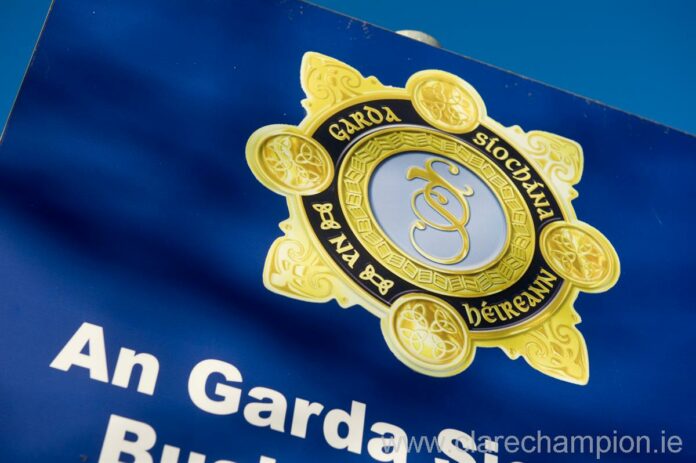The Minister for Transport, Tourism and Sport, Shane Ross has today (Wednesday) announced the commencement of the drug driving provisions in the Road Traffic Act 2016. One of the key measures in the legislation provides for preliminary drug testing, which will enable gardaí to test motorists whom they suspect of driving under the influence of drugs at the roadside.
The new garda powers mean gardaí can now establish roadside checkpoints, mandatory impairment checkpoints (MIT), to test drivers for the presence of both alcohol and drugs. The new drug testing devices (Dräger DrugTest 5000) involve testing a sample of a driver’s saliva for the presence of cannabis, cocaine, opiates (e.g. heroin, morphine) and benzodiazepines (e.g. valium). The new devices will also be available in Garda stations.
The MBRS has found that of the 3,020 specimens of blood and urine that it received in 2016, 24% confirmed positive for drugs other than alcohol. Of these, 91% were specimens from male drivers, most of whom were in the 17-44 year age range. Cannabis was the most prevalent drug detected, followed by benzodiazepines.
Ministe Ross noted driving under the influence of drugs has been an offence in Ireland since 1961. “The law states that a person must not be impaired (through alcohol, drugs or any combination of both) while driving or in charge of a vehicle. However, driving under the influence of drugs remains a problem in Ireland. It is estimated that drug driving is a factor in approximately one in 10 fatal crashes. Drug driving not only puts the driver at risk but also passengers and others who share the road. The introduction of Preliminary Drug Testing now strengthens the ability of the gardaí to tackle the problem. This is just one step in a multi-faceted approach my Department and I are taking to tackle the recent increase in road fatalities,” he said.
Assistant Commissioner Michael Finn, Roads Policing and Major Event /Emergency Management, stated, “There will be 86 drug screening devices located in garda stations nationally and 50 more available for use at the roadside. Over time up to 150 devices will be available for use at the roadside. While the test will take longer to conduct than the roadside test for alcohol, the test is easy to carry out and within minutes will tell if a driver has drugs in their system. This new screening device is an important tool for An Garda Síochána in the identification of drug drivers, ensuring our roads are safer for everyone to use.”
Director of the Medical Bureau for Road Safety, Professor Denis Cusack explained that there is a twin-track approach to tackling drug driving in Ireland. “Firstly, it is against the law to drive under the influence of drugs, including prescribed drugs, where your driving is impaired to such an extent that you don’t have proper control of the vehicle. Secondly, it is against the law to drive under the influence of certain drugs, regardless of driving performance, above specified levels. There are currently three drugs tested for in this category – cannabis, cocaine and heroin. If you are found to have any of these drugs above the specified limits, you can be prosecuted for drug driving even if your driving is not impaired.”
Professor Cusack was also anxious to allay the fears of anybody taking prescription or over-the-counter medicines.
“Drivers with medical conditions should continue to take their prescribed medications in accordance with healthcare advice and medical fitness-to-drive guidelines. If you are taking prescription or over-the-counter medicines under the advice of your doctor or pharmacist, and so long as those medicines don’t impair your driving, you have nothing to be concerned about. If you are in any doubt, speak to your doctor or pharmacist about your concerns.”
A native of Ennis, Colin McGann has been editor of The Clare Champion since August 2020. Former editor of The Clare People, he is a journalism and communications graduate of Dublin Institute of Technology.



